
Network News

A key factor in the success of an organ transplant is the condition of the donated organ at the time of implantation. Preserving the organ prior to transplantation using machine perfusion plays a crucial role in this process. This procedure has now been implemented particularly efficiently at Heidelberg University Hospital (UKHD): as part of a […]
read more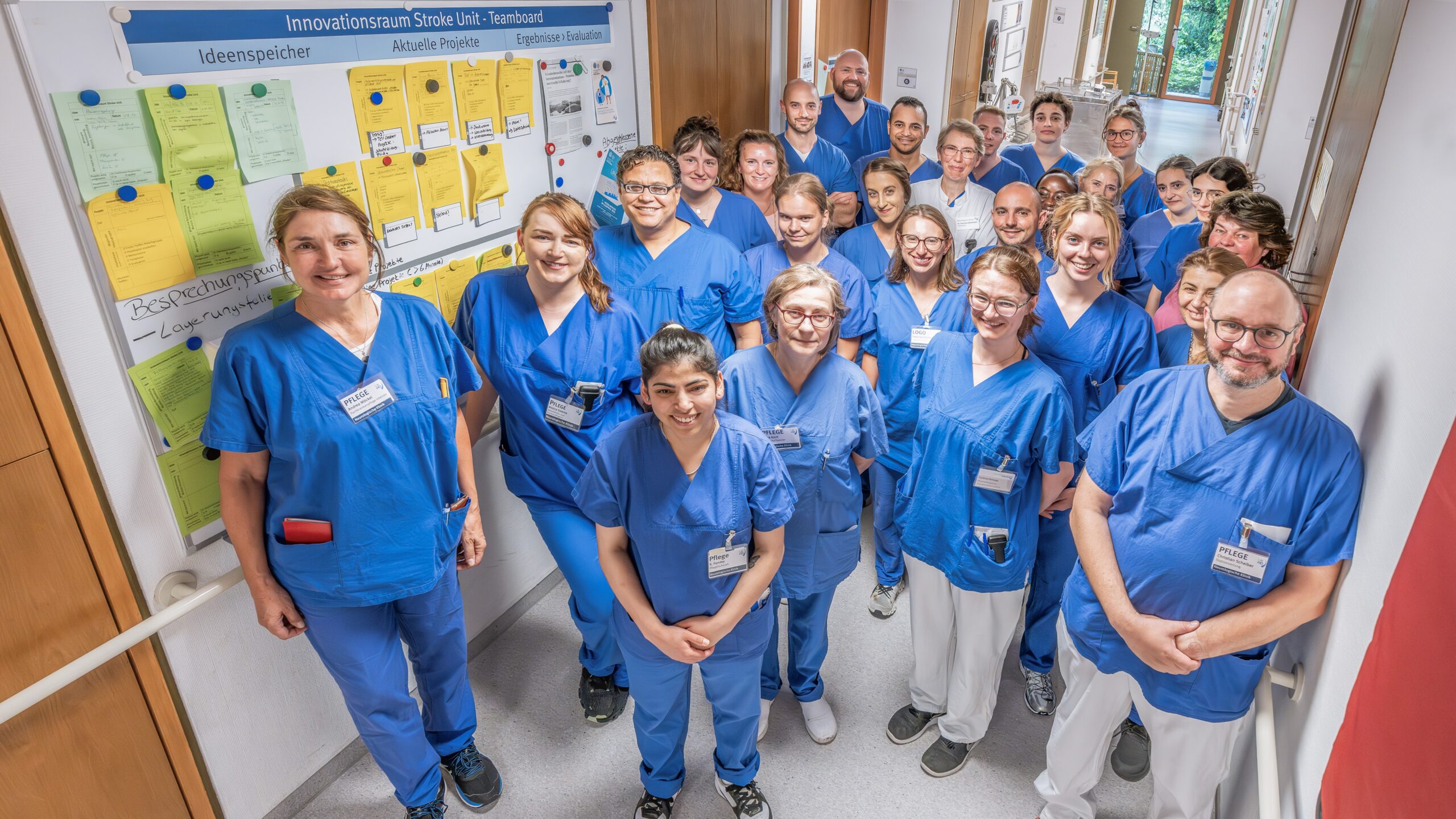
Award-winning: Concept for “the perfect stroke room”
UKHD wins DGN Nursing Award 2025 for its “Stroke Unit Innovation Room” project. Full Text in German below. Ausgezeichnet: Konzept für „das perfekte Schlaganfallzimmer“ UKHD gewinnt DGN-Pflegepreis 2025 für das Projekt „Innovationszimmer Stroke Unit“ Das Universitätsklinikum Heidelberg (UKHD) ist mit dem Pflegepreis der Deutschen Gesellschaft für Neurologie (DGN) ausgezeichnet worden. Prämiert wurde das Projekt „Innovationszimmer […]
read more
FDA approves Promega OncoMate® MSI Dx Analysis System as a companion diagnostic for KEYTRUDA® in combination with LENVIMA® in advanced endometrial cancer
Promega’s MSI technology will help identify patients with microsatellite stable (MSS) endometrial cancer Full Text in German below. Die FDA genehmigt das Promega OncoMate® MSI Dx Analysis System als Begleitdiagnostikum für KEYTRUDA® in Kombination mit LENVIMA® bei fortgeschrittenem Endometriumkarzinom Die MSI-Technologie von Promega wird bei der Identifizierung von Patientinnen mit mikrosatellitenstabilem (MSS) Endometriumkarzinom helfen Madison, […]
read more
AbbVie Announces U.S. FDA Approval of EPKINLY® (epcoritamab-bysp) in Combination with Rituximab and Lenalidomide for Relapsed or Refractory Follicular Lymphoma
NORTH CHICAGO, Ill., Nov. 18, 2025 /PRNewswire/ — AbbVie (NYSE: ABBV) today announced that EPKINLY® (epcoritamab-bysp), a T-cell engaging bispecific antibody administered subcutaneously, in combination with rituximab and lenalidomide (EPKINLY + R2) is approved by the U.S. Food and Drug Administration (FDA) for the treatment of adult patients with relapsed or refractory (R/R) follicular lymphoma (FL). This approval of […]
read more
A new gateway to global antimicrobial resistance data
New online portal connects bacterial genomes with experimental resistance data to support antimicrobial resistance research Summary Antimicrobial resistance (AMR) is a growing health challenge, reducing the effectiveness of life-saving treatments and increasing the risk of complications from routine medical procedures. To support global AMR research, EMBL’s European Bioinformatics Institute (EMBL-EBI) has launched the AMR portal, a central […]
read more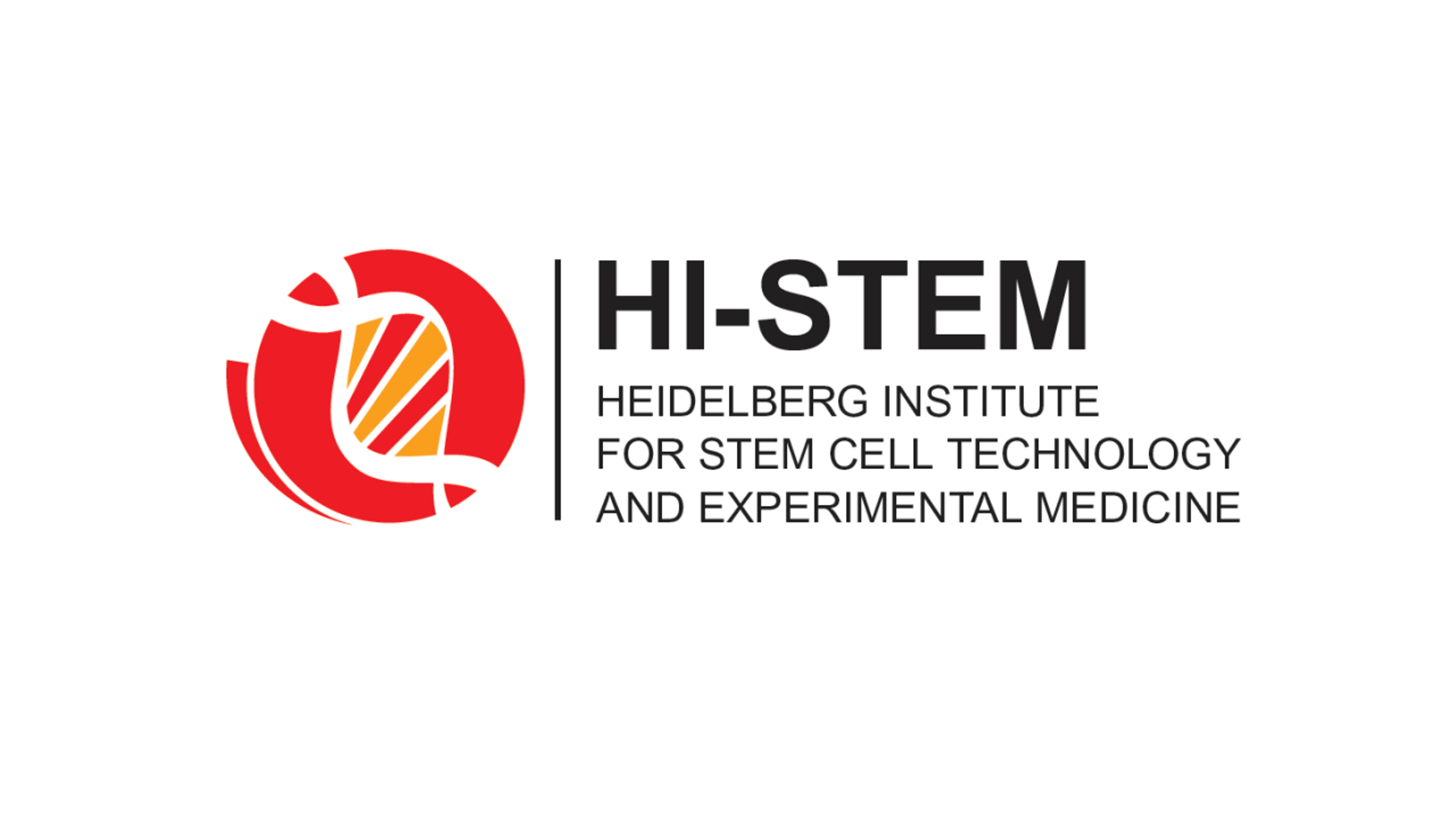
New Publication: Hi-STEMProteomic Characterization Reveals CYP2S1 as a Mediator of Drug Resistance in PDACNew Publication: Hi-STEM
Abstract Objectives: To investigate the proteomic profile of different molecular subtypes of pancreatic ductal adenocarcinoma (PDAC) and understand their impact on patient outcomes, particularly focusing on pathways involved in xenobiotic metabolism and drug resistance. Methods: The study utilized the serum-free PACO cell culture model and a quantitative prefractionation-based MALDI/MS approach to establish the proteomic profiles […]
read more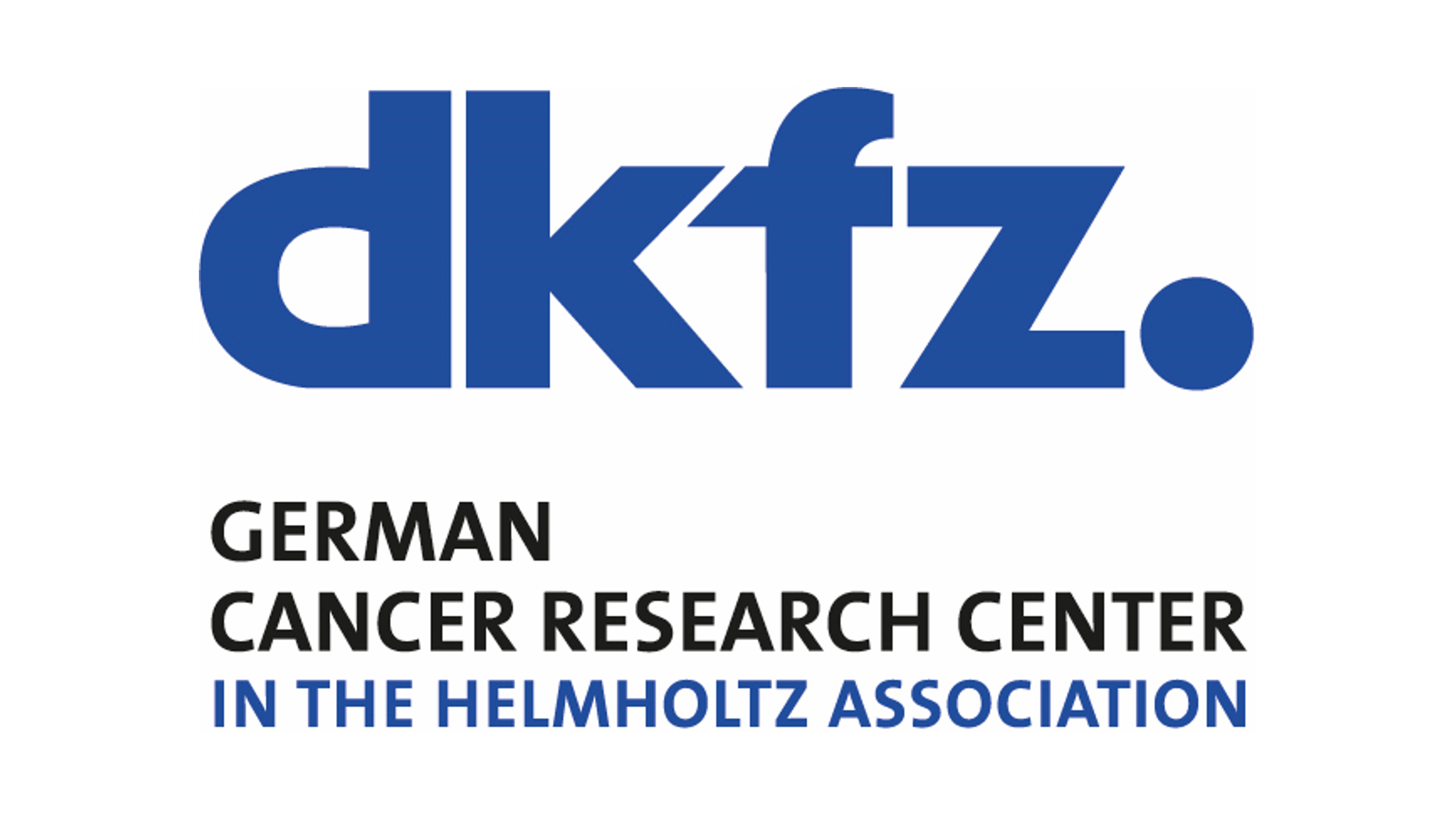
How painkillers can contribute to anemia in cancer patients
Researchers from the German Cancer Research Center and the University of Freiburg show how certain painkillers influence the iron metabolism of liver cancer cells and can thus contribute to iron deficiency and anemia in cancer patients. Painkillers such as diclofenac and paracetamol are among the most commonly used drugs worldwide. They relieve pain and inflammation […]
read more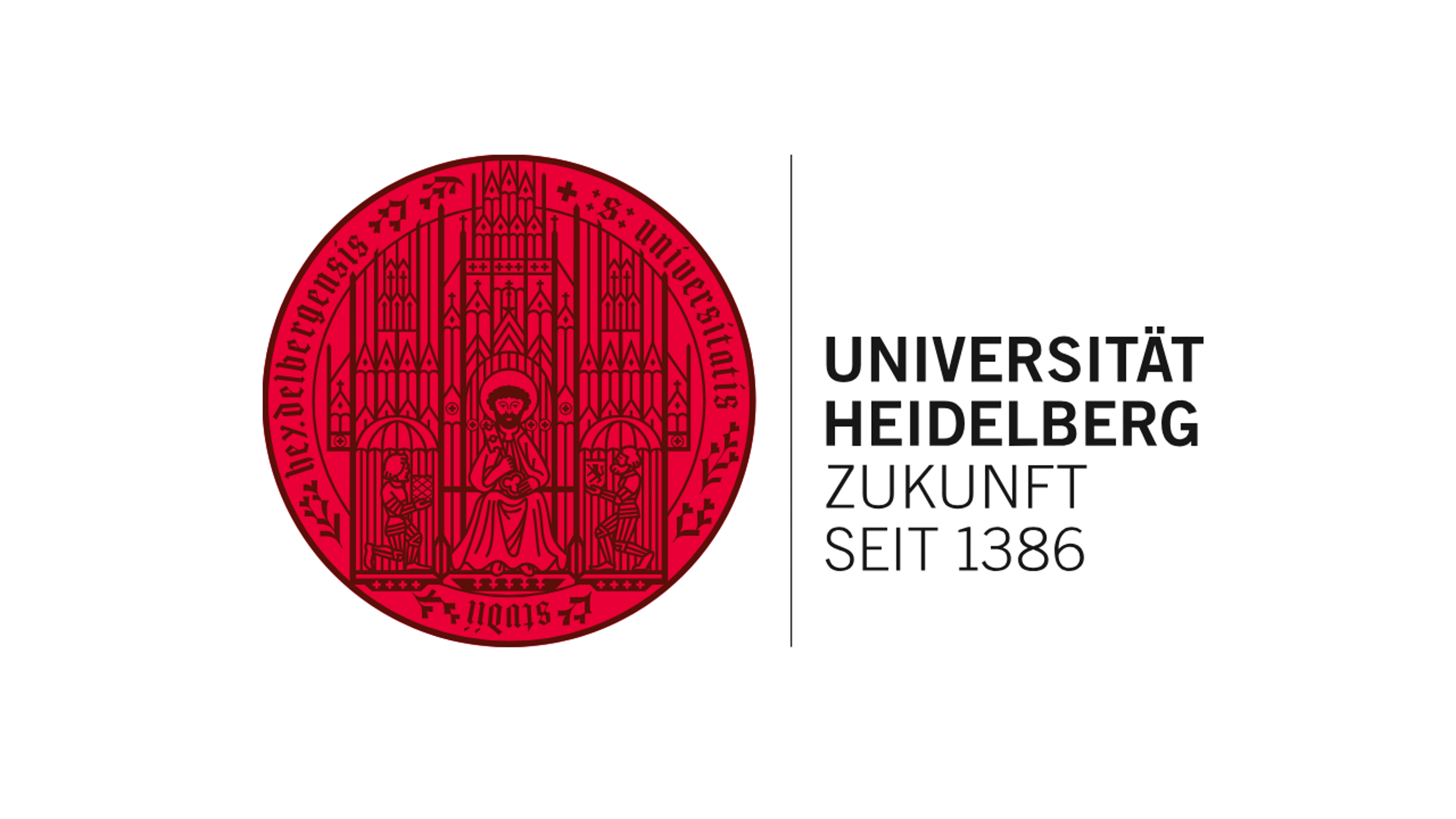
Universität Heidelberg with 16 “Highly Cited Researchers”
International evaluation names researchers whose publications have been most cited worldwide 16 researchers from Heidelberg University feature on the recently published list of “Highly Cited Researchers”. This international evaluation names researchers whose publications have been cited most frequently worldwide in their respective field or who have an outstanding track-record of publications across several disciplines. The […]
read more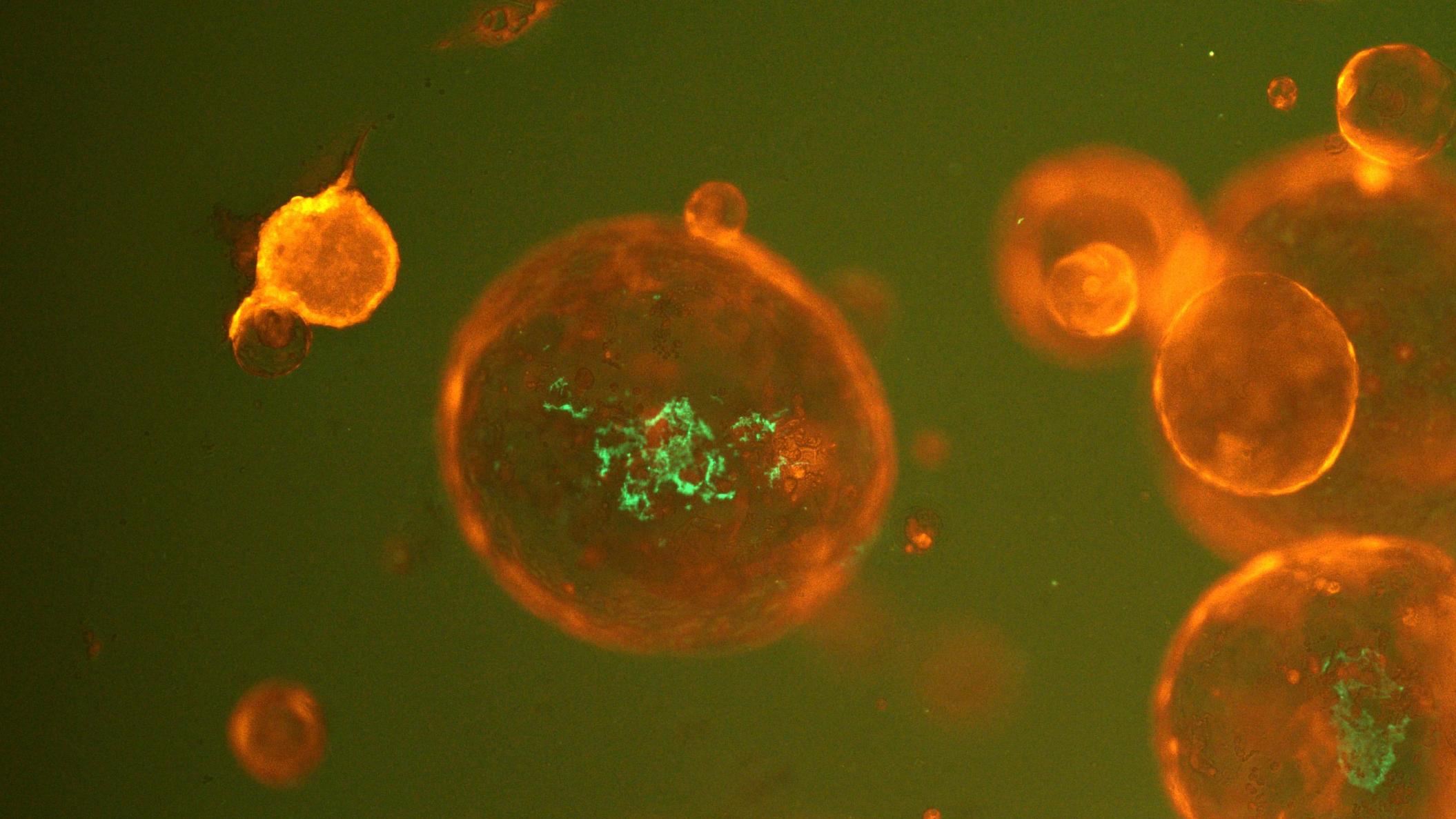
Universität Heidelberg: New DFG Research Unit in Oncology
GenoMiCC consortium deals with functional genomics and microbiomics in colorectal cancer and is coordinated at the Medical Faculty Mannheim In the latest approval round of the German Research Foundation (DFG), Heidelberg University has been successful with a grant application for a new Research Unit in oncology. The GenoMiCC consortium pursues the goal of identifying new […]
read more
